
Editor
Inspired by true events, this is a story about what happens when two outsiders from opposite corners of the world are thrown together: Brazil and Germany. Marten Brueckling, a retired music teacher from Germany, has inherited an original sheet of music from Bachs son. Marten has to collect the sheet in person in the beautiful Baroque city of Ouro Preto in the heart of Brazil. But Brazil is not for beginners: Funny circumstances drives hm to teach music to the kids of a juvenile detention center. Bachs music and Brazilian instruments mix perfectly. One of the kids is Fernando, a lovable, abandoned boy, who lived on the streets. But Marten discovers that they have more in common as he thought.
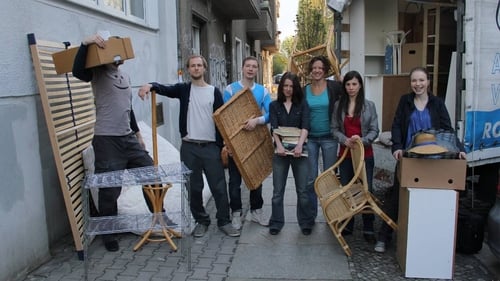
Gabi (Michaels Mutter)
Eleven moving dates, eight friends: Philipp, Wiebke, Jessica, Maria, Swantje, Michael, Thomas, Dina – all in their twenties and mutually lonesome. And always searching: For a new city, a new job, an own apartment, a new, or even an old love. The search is never-ending, and so they repeatedly find themselves at a ritual gathering: someone moving. Boxes are shifted from one side of Berlin to the other, or the length and breadth of Germany, from one abode to the next as one life is exchanged for another. In 3 ZIMMER/KÜCHE/BAD, director Dietrich Brüggemann portrays existences in which relationships, social networks and backdrops are in a constant state of flux; where best friends are the only, and therefore the most valuable constant. Humorous sketches of the self-conception of a generation for whom moving has become the symbol of a life on the go.
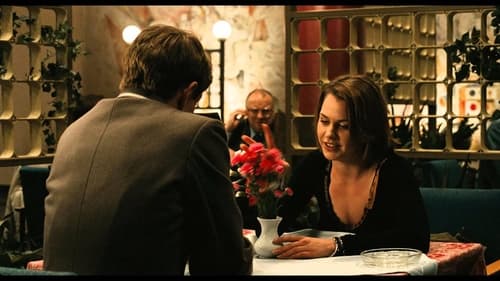
Editor
Berlin, 1989. Sascha is a young East German border guard and Franzi is a lively young West German woman who's just moved into a flat next to Sascha's watchtower at the Berlin Wall. It takes only a slight mishap and a selfless act of chivalry and the two fall in love. But soon the Stasi believes they are witnessing the start of a revolt. This is the time of mass protests and East Germans taking refuge in the West German embassy in Prague after all. Franzi and Sascha have to find their ways to stand up for their love and strive for the impossible; to bring down the wall.
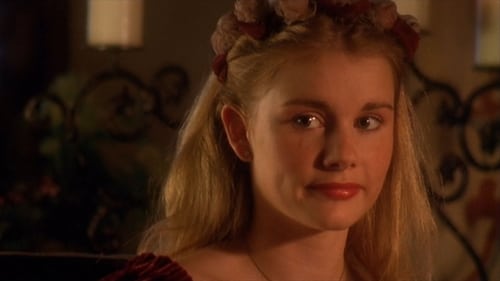
Editor
German TV adaptation of Grimm‘s fairy tale “Sleeping Beauty“.

Editor
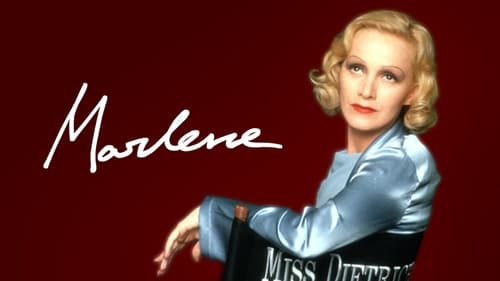
Editor
Marlene is a 2000 German biopic film directed by Joseph Vilsmaier and starring Katja Flint, Hans Werner Meyer and Herbert Knaup. It follows the life of the German actress Marlene Dietrich and her success in Hollywood.
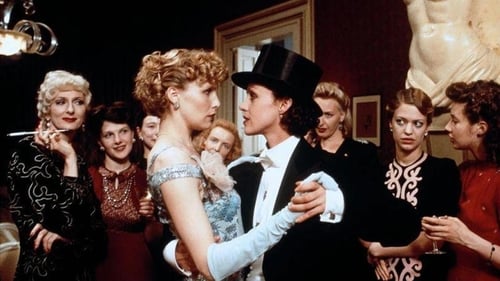
Editor
In 1943, while the Allies are bombing Berlin and the Gestapo is purging the capital of Jews, a dangerous love affair blossoms between two women – one a Jewish member of the underground, the other an exemplar of Nazi motherhood.

Editor
In 1939, after barely escaping the Nazis, a Gypsy family returns to Switzerland only to be torn apart by racial persecution in the benign guise of children's welfare. This fictionalized story of Jana, an eight-year-old Gypsy girl snatched from her parents and consigned to a life of orphanages and bleak foster homes, is based on a little-known chapter of Swiss history: From 1926 to 1972, the state-supported Pro Juventute, a children's aid foundation, forcibly removed some 700 Gypsy children from their families, in order to sever the ties with their culture and assimilate them to a "better way of life." The underlying aim was to preempt a new generation's caravans from following their nomadic traditions along Switzerland's country lanes.

Editor
Film by Michael Verhoeven.

Editor
When a young woman investigates her town's Nazi past, the community turns against her.

Editor

Editor
During Pinochet's military dictatorship in Chile, a father strives to free his daughter from the German religious sect, Colonia Dignidad.

Editor
Bernd, an insurance broker trainee, flees his mundane life in Germany to set a new World record in hang gliding in Bolivia.
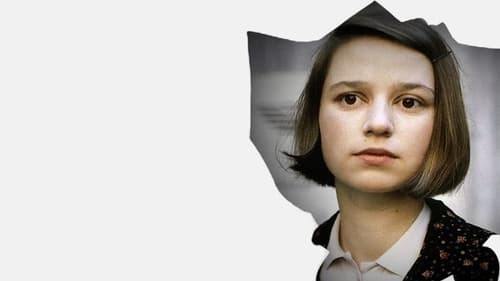
Editor
During the Second World War, a small group of students at Munich University begin to question the decisions and sanity of Germany's Nazi government. The students form a resistance cell which they name the "White Rose" after a newsletter that is secretly distributed to the student body. At first small in numbers and fearful of discovery, the White Rose begins to gain massive support after a Nazi Gauleiter nearly incites a student riot after a provokative speech. At this point, the matter is taken over by the German Gestapo, who pledge to hunt down and destroy the members of the White Rose.
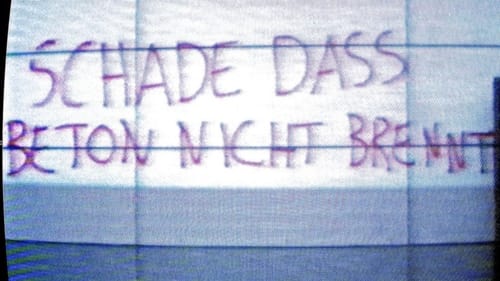
Director








